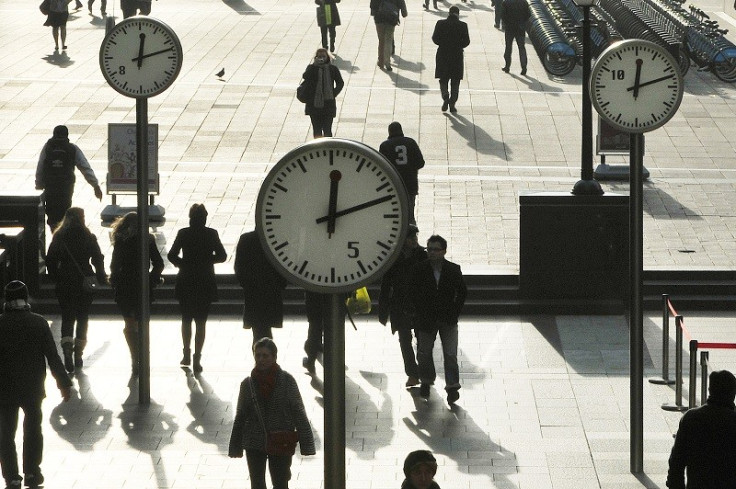British Summer Time 2014: Why do Clocks Change?

British Summer Time is set to begin on the last Sunday in March, as clocks move an hour forward on 30th March.
Otherwise known as Daylight Saving Time, civil time in the United Kingdom is fast-forwarded one hour ahead of Greenwich Mean Time (GMT), so that evenings have more daylight and mornings have less.
It ends on the last Sunday of October and since 2002, the beginning and end of BST have coincided with a clock change across the European Union - known as Central European Summer Time.
When did the clock change tradition begin?
BST was first established by the Summer Time Act in 1916, after a campaign by a builder called William Willett. He was reportedly irritated with the "waste" of daylight in the early mornings of summer - and suggested the change in 1907, publishing a pamphlet called The Waste of Daylight.
In 1916, one year after Willett's death, BST began on 21st May and ended on 1st October.
In 1940, during the Second World War, clocks across Britain were not put back an hour at the end of Summer Time in a bid to save fuel and money. In subsequent years, clocks continued to be advanced by one hour each spring and put back by an hour each autumn until July 1945.
During this time, Britain was therefore two hours ahead of GMT - which was called British Double Summer Time (BDST). This ended in 1945, when the clocks were brought back in line with BST.
What are the benefits?
Aside from those who forget and turn up to work an hour late the Monday afterwards, the switch to BST is reported to have several benefits.
In 1968 and 1971, BST was employed all year round as an experiment. In October 1970, an analysis of road accident data published by HMSO (Her Majesty's Stationery Office) suggested there had been a substantial fall in the number of casualties in the evening.
However, the period in which the research was taken coincided with the introduction of Drink-driving legislation and the estimates were modified in 1989. The proposal to use BST all year round was defeated by MPs, with particular lobbying from Scottish farmers and agricultural groups, who said the switch would have a detrimental effect on their livestock.
Others have claimed people who suffer from Seasonal Affective Disorder (SAD) benefit from the extra hour of sunlight.
What have we got to look forward to?
This weekend, temperatures are set to soar to 17C - hotter than St Tropez. Areas in the south and south east may enjoy hazy summer sunshine as the mercury reaches 19C on Saturday and 20C on Sunday, which is double the average weather conditions for March.
A spokesperson for the Met Office told the Independent: "The south east and into central England can expect sunshine and warmer temperatures between the mid and late teens. The south west can also expect warmer temperatures, but it will be much more cloudy."
© Copyright IBTimes 2025. All rights reserved.



















